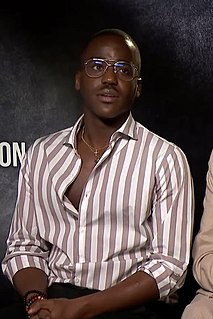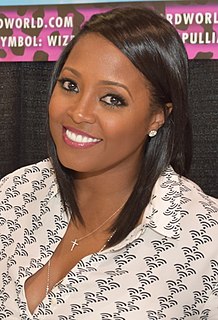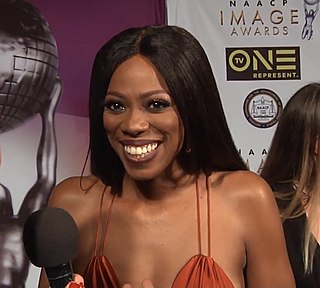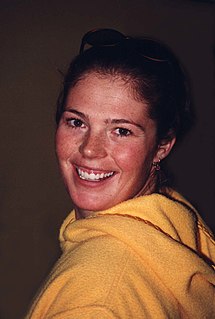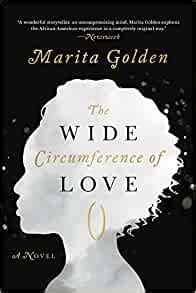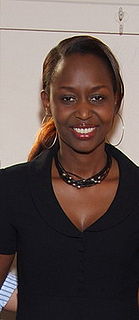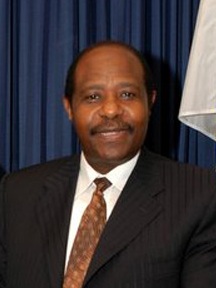A Quote by Ncuti Gatwa
Hair in the black community is such a big thing culturally. The barbershop is a place for black men to socialise, catch up and bond. It's the same for black women in the salon. Going there is my favourite thing to do in the week. You catch up with people, someone comes around with food, someone else is selling something.
Related Quotes
People don't realize it hurts my feelings when someone looks at my hair or my eyes, and says, 'But you're not actually black. You're black, but you're not black black, because your eyes are green.' I'm like, 'What? No, no, I'm definitely black.' Even some of my closest friends have said that. It's been a bit touchy for me.
I would say I'm black because my parents said I'm black. I'm black because my mother's black. I'm black because I grew up in a family of all black people. I knew I was black because I grew up in an all-white neighborhood. And my parents, as part of their protective mechanisms that they were going to give to us, made it very clear what we were.
It's very necessary, showing the positive aspect of a black father. We see a lot of black women being the head of the household and holding the house down, but I think we need to have those images because there are black fathers out there who are doing the same thing and who are the glue to the family. That's who Black Lightning is.
My mom is Jamaican and Chinese, and my dad is Polish and African American, so I'm pretty mixed. My nickname in high school was United Nations. I was fine with it, even though I identify as a black woman. People don't realize it hurts my feelings when someone looks at my hair or my eyes, and says, "But you're not actually black. You're black, but you're not black black, because your eyes are green." I'm like, "What? No, no, I'm definitely black." Even some of my closest friends have said that. It's been a bit touchy for me.
Obviously, I'm not not black. But this is one thing I do know after years and years of working with a lot of black players and black commentators on many networks: That if you go to the place of you're telling a black man, or a black woman, that 'You should know your place and stay in it,' when you get to there, them's fighting words.
There are many things that black women can continue to do to help black folk. First, black women have historically been among the most vocal advocates for equality in our community. We must take full advantage of such courage by continuing to combat the sexism in our communities. Black women, whether in church, or hip-hop, don't receive their just due. Second, when black women are in charge of child-rearing, they must make ever so sure to raise black children who respect both men and women, and who root out the malevolent beliefs about women that shatter our culture.
What you and I need to do is learn to forget our differences. When we come together, we don't come together as Baptists or Methodists. You don't catch hell 'cause you're a Baptist, and you don't catch hell 'cause you're a Methodist... You don't catch hell because you're a Democrat or a Republican. You don't catch hell because you're a Mason or an Elk. And you sure don't catch hell 'cause you're an American; 'cause if you was an American, you wouldn't catch no hell. You catch hell 'cause you're a Black man. You catch hell, all of us catch hell, for the same reason.
We black women must forgive black men for not protecting us against slavery, racism, white men, our confusion, their doubts. And black men must forgive black women for our own sometimes dubious choices, divided loyalties, and lack of belief in their possibilities. Only when our sons and our daughters know that forgiveness is real, existent, and that those who love them practice it, can they form bonds as men and women that really can save and change our community.
